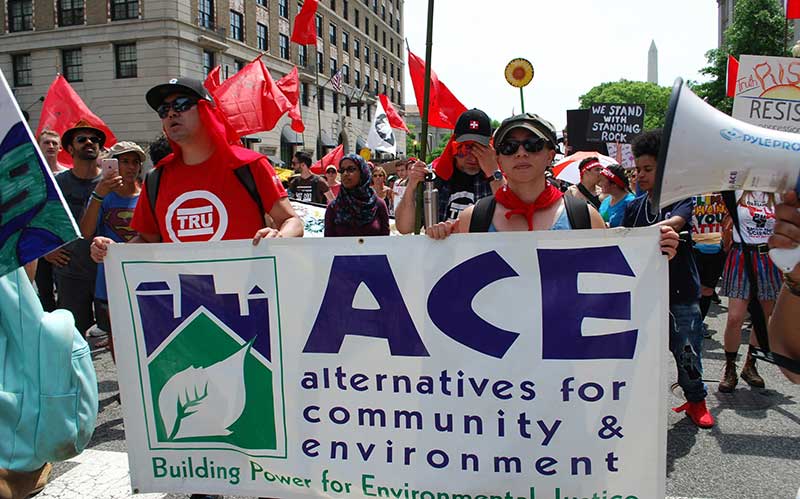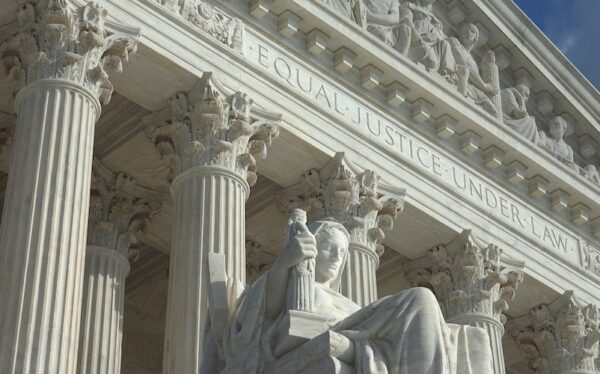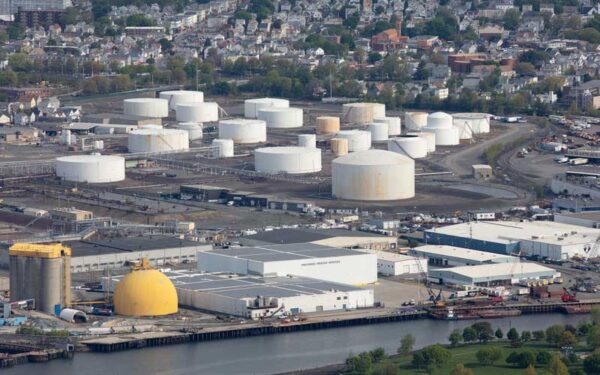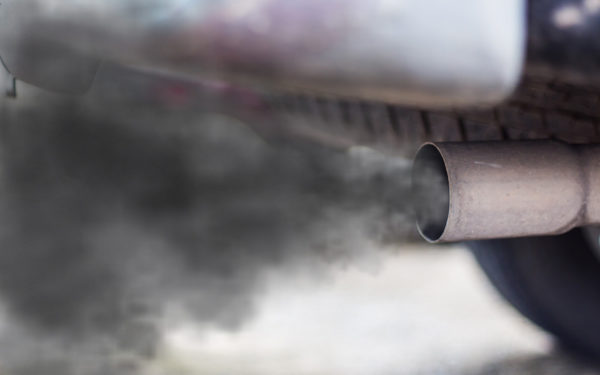
ACE organizes Roxbury residents and works with community organizers locally, statewide, and nationally to build platforms and offer resources that address systemic injustice. Photo courtesy of ACE.
When CLF found Boston’s school bus contractor violated clean air laws, we sued to make them stop. Transdev Services, Inc., was allowing its buses to idle more than the state’s legal limit of five minutes – forcing students and community members to breathe in toxic tailpipe pollution. Thanks to our efforts, Transdev is taking responsibility – resulting in cleaner, healthier air for our children and neighbors. And, the company will provide funding for three local nonprofits in the communities where its pollution caused the most harm. Here, I share the story of one of these organizations.
Alternatives for Community & Environment
You can’t protect the environment without helping the community. This idea is the backbone for Alternatives for Community & Environment (ACE), focusing on the Roxbury area. Talking with ACE’s Staff Attorney and Director for Environment Justice Legal Services, Sofia Owen, I realized the importance of community and the work ACE does to support local neighborhoods. “The vision is to build a healthy and sustainable community for folks in Roxbury and environmental justice populations in Massachusetts as a whole,” Sofia explained.
That vision drives how the organization chooses its projects. ACE starts by listening to what matters to the community and how it can solve a problem because, as Sofia pointed out, “just because I have an advanced degree doesn’t mean I know better than somebody in the neighborhood what the issues are.”
Most of ACE’s work revolves around partnerships to promote advocacy through policy and action. It collaborates with CLF and environmental justice and statewide organizations, and it joined several coalitions to push for the passage of environmental justice legislation this past legislative session.
In 2015, ACE came together with partners to pass Boston’s Diesel Emissions Reduction Ordinance (DERO) to reduce harmful air pollution, especially in neighborhoods like Roxbury. Sofia explained that this project was “a big deal and a big victory” for ACE’s youth team, REEP (short for Roxbury Environmental Empowerment Project). Currently, the team is working on passing DERO 2.0 to strengthen the regulation and its enforcement.
ACE also continues to host neighborhood listening sessions, attend city council meetings, and push forward environmental justice and education. With new funding from Transdev, ACE will be able to maintain progress on these projects. “It’s going to allow us to talk not just about the problem but to really put some money behind some potential solutions,” Sofia told me.
One of those solutions is ACE’s low-income T-fare program to subsidize transportation costs in this challenging economic time. While ACE has successfully created a youth pass program, this new program will focus on elders and young people who don’t qualify for the existing youth pass.
As the work progresses, you can’t stop wondering where the finish line is. For Sofia, there is never a definitive answer. Her measure is setting people up to succeed in standing up for their rights and understanding the world’s issues. “Today, I’m hopeful about it. Some days are harder than others, right?” Sofia laughed. “I just hope that the outpouring of support we’ve seen continues to persist, and that’s going to take continued advocacy from organizations like ACE and others whose whole mission is dedicated to this. So, we’re going to continue to show up, but I hope that others will, too.”
Read how The Home Energy Efficiency Team (HEET) and Speak for the Trees are using funding from Transdev for the benefit of their communities.



